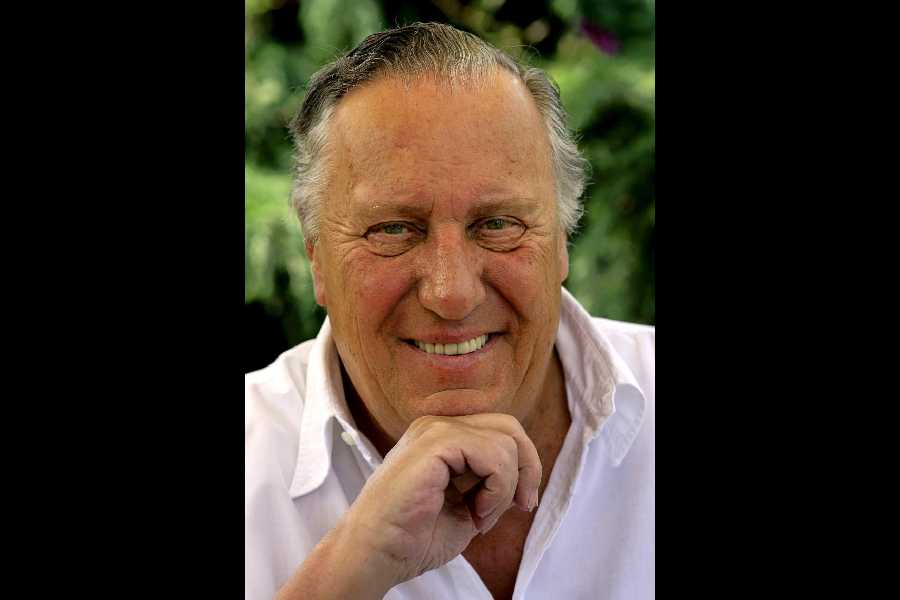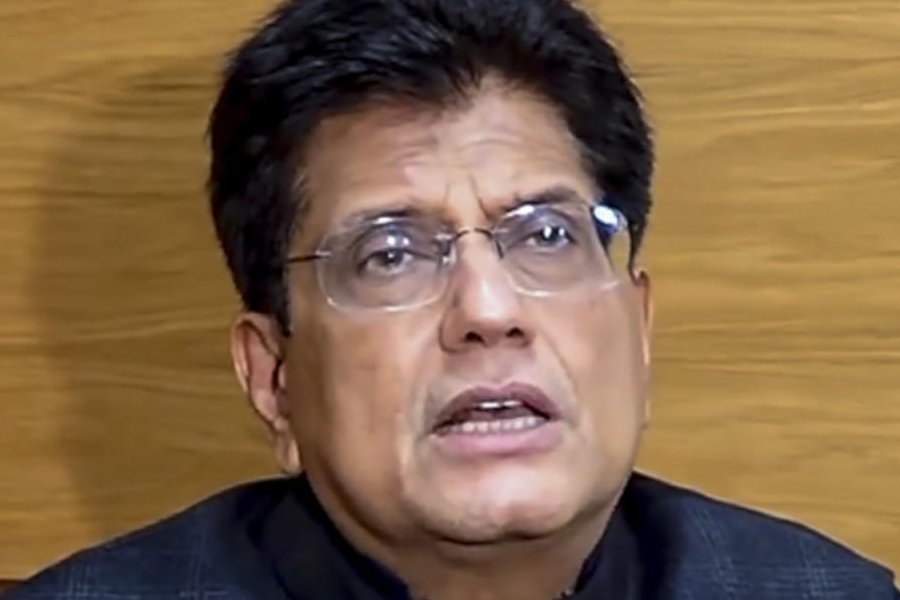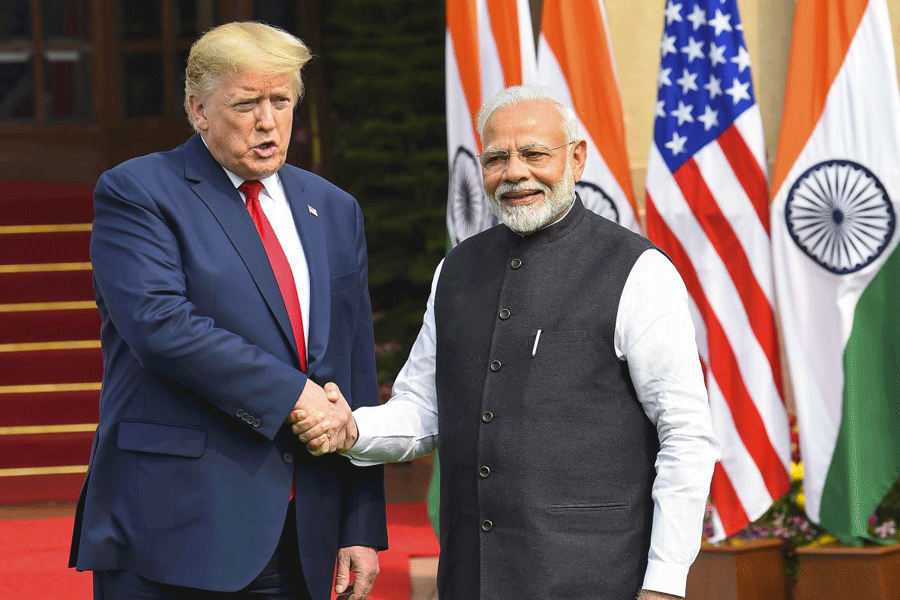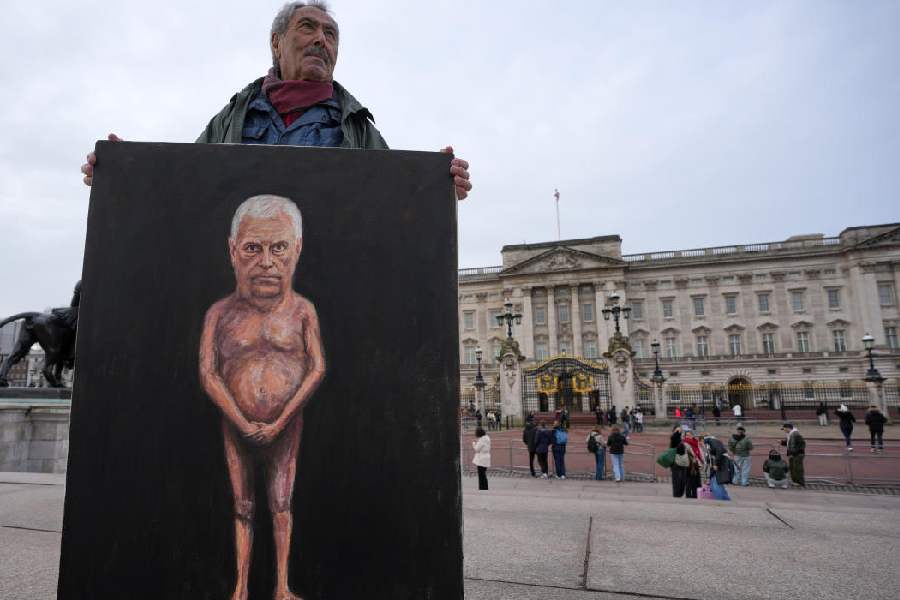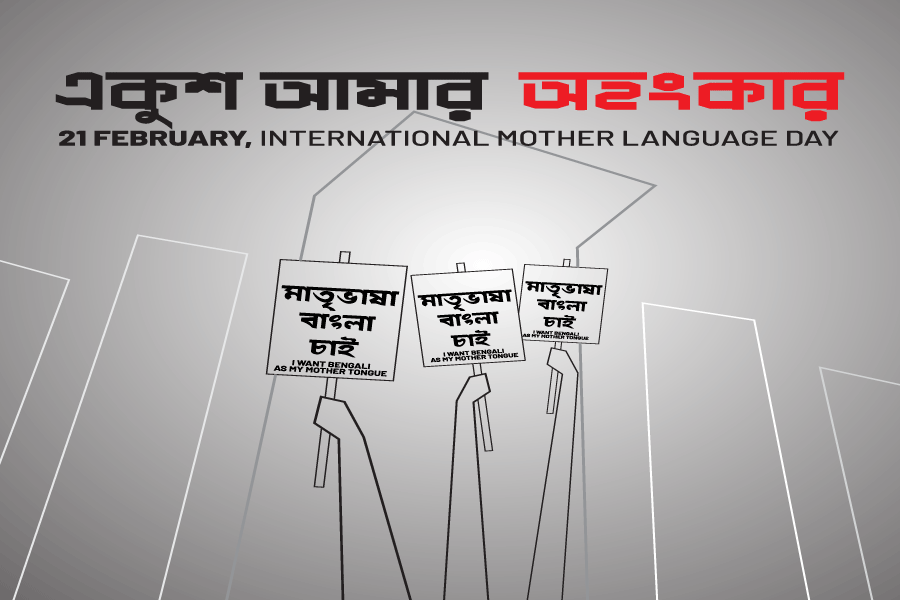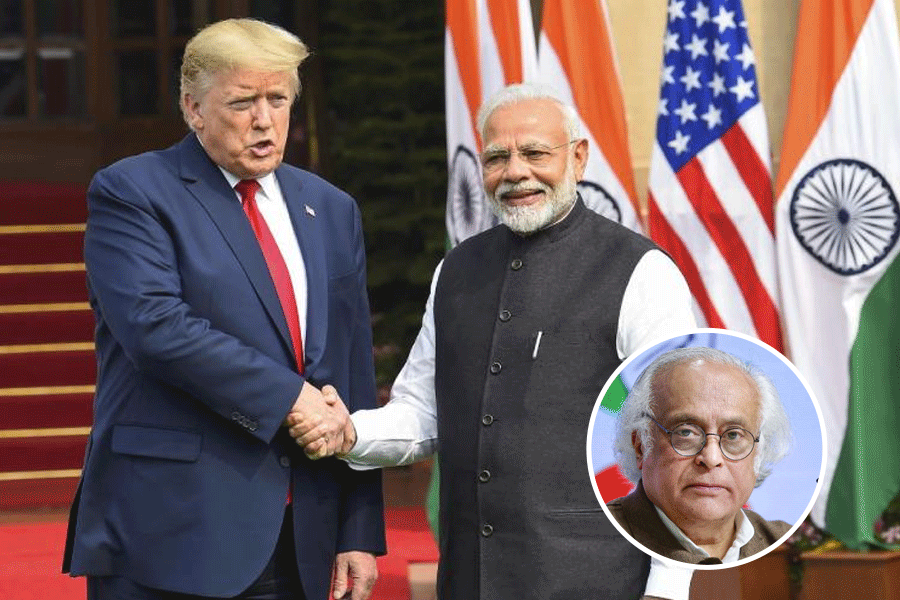British novelist Frederick Forsyth, who authored best-selling thrillers such as The Day of the Jackal and The Dogs of War, has died aged 86, his publisher said.
A former correspondent for Reuters and the BBC, and an informant for Britain’s MI6 foreign spy agency, Forsyth made his name by using his experiences as a reporter in Paris to pen the story of a failed assassination plot on Charles de Gaulle.
The Day of the Jackal, in which an English assassin, played in the film by Edward Fox, is hired by French paramilitaries angry at de Gaulle’s withdrawal from Algeria, was published in 1971 after Forsyth found himself penniless in London.
Written in just 35 days, the book was rejected by a host of publishers who worried that the story was flawed and would not sell as de Gaulle had not been assassinated. De Gaulle died in 1970 from a ruptured aorta while playing Solitaire.
But Forsyth’s hurricane-paced thriller complete with journalistic-style detail and brutal sub-plots of lust, betrayal and murder was an instant hit. The once poor journalist became a wealthy writer of fiction.
“I never intended to be a writer at all,” Forsyth later wrote in his memoire, The Outsider — My Life in Intrigue. “After all, writers are odd creatures, and if they try to make a living at it, even more so.” So influential was the novel that Venezuelan militant revolutionary Illich Ramirez Sanchez, was dubbed “Carlos the Jackal”.
Forsyth presented himself as a cross between Ernest Hemingway and John le Carre — both action man and Cold War spy — but delighted in turning around the insult that he was a literary lightweight.
“I am lightweight but popular. My books sell,” he once said.
His books, fantastical plots that almost rejoiced in the cynicism of an underworld of spies, criminals, hackers and killers, sold more than 75 million copies.
Behind the swashbuckling bravado, though, there were hints of sadness. He later spoke of turning inwards to his imagination as a lonely child during and after World War Two.
The isolated Forsyth discovered a talent for languages: he claimed to be a native French speaker by the age of 12 and a native German speaker by the age of 16, largely due to exchanges.
He went to Tonbridge School, one of England’s ancient fee-paying schools, and learned Russian from two emigre Georgian princesses in Paris.
He added Spanish by the age of 18. He also learned to fly and did his national service in the Royal Air Force where he flew fighters such as a single seater version of the de Havilland Vampire.
Impressing Reuters’ editors with his languages and knowledge that Bujumbura was a city in Burundi, he was offered a job at the news agency in 1961 and sent to Paris and then East Berlin where the Stasi secret police kept close tabs on him.
He left Reuters for the BBC but soon became disillusioned by its bureaucracy and what he saw as the corporation’s failure to cover Nigeria properly due to the government’s incompetent views on Africa. It was in 1968 that Forsyth was approached by MI6 and asked by an officer named “Ronnie” to inform on what was really going on in Biafra.
By his own account, he would keep contacts with the MI6, which he called “the Firm”, for many years. His novels showed extensive knowledge of the world of spies and he even edited out bits of The Fourth Protocol (1984), he said, so that militants would not know how to detonate an atomic bomb.
Reuters

